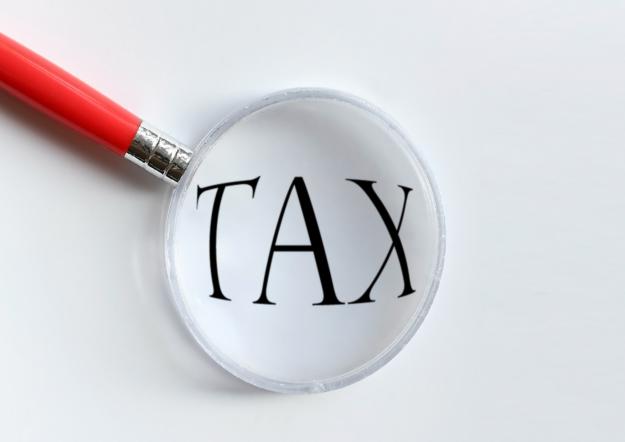Buying a car is typically the second largest expense most of us will ever pay, so we should be aware of general best practices when looking to buy, sell, or lease a car. Unfortunately, like most situations regarding taxes, most of us don’t have a clue how to deal with uncommon tax situations and cars.
The best answer is always going to be to seek out tax preparers in los angeles for most tax scenarios, but if you can’t do that, then you have to look at other options. Even still, it’s good to have a general idea of the best practices when dealing with cars, accounting, and taxes.

Putting Nothing Down
Most people would be elated if they had the opportunity to buy a car without sacrificing anything on the front end – and this is a huge mistake. This is one of the ways that car dealerships get you locked into a car payment that you normally wouldn’t have ever made. Because you don’t sacrifice anything up front, you are liable to pay off quite a bit of the car in just a few short years.
Imagine for a second that you’re doing your taxes at the end of the year and happen to be hit with a liability that you didn’t expect. If you’re also underwater on your car payment, you might find it difficult to actually PAY both of these expenses, and we all know what happens when you stop paying your taxes. If you don’t know, you’ll soon find out if you make this stupid car purchasing mistake.
Not Reporting Your Sale
If you’re getting rid of a used car, you can often get more for it by offering it as a private sale as opposed to selling it to a dealership or trading it in when you buy your new car. While it’s great to scoop up this extra cash, it can come back to bite you in the butt if you don’t know the accounting procedures that go into it.
Los Angeles tax preparers have to deal with this scenario all the time because of the high profile clients that they deal with. It’s not uncommon for them to encounter a celebrity that has a stable of 10-15 cars, all of which they sell at different times in the year. Often they will even sell them to friends or family members for under-the-table cash deals that are worth three to four times the average American salary. While this seems outrageous to most of us, the important lesson we can take from this is that even when WE sell our cars for $10,000 – $20,000, we still have to follow the reporting and accounting rules. Just because we make much less money from these sales doesn’t mean that we don’t have to report them on our annual tax returns.
It’s vital to keep a record of the history of your car. That includes purchase price, the amount of money you have paid for repairs over the years, and the amount you sell it for. That allows you to calculate exactly what your profit or loss has been on the sale of your car and allows you to be much more accurate when reporting this on your tax return. Any accountant would say that good records are the foundation of a solid tax return, and there is no exception when it comes to your cars.
Consult Accountants for Car Tax Situations
If you’re unsure of how you should treat any lease, purchase, or sale of an automobile on your yearly tax return, the best decision would be to speak with an accountant. This could be a friend or family member if you happen to have one in your network, but if you want a truly unbiased and professional opinion, it’s highly recommended to go with someone who you don’t know and who is highly regarded in your area. This way you can be sure you’re getting quality advice from someone who really knows what they’re talking about. You’ll ensure you don’t get dinged by the IRS for any funny accounting when it comes to your car situations.
By Richard Orban, on behalf of Wallace APC. The best source for tax preparation services in Los Angeles!

